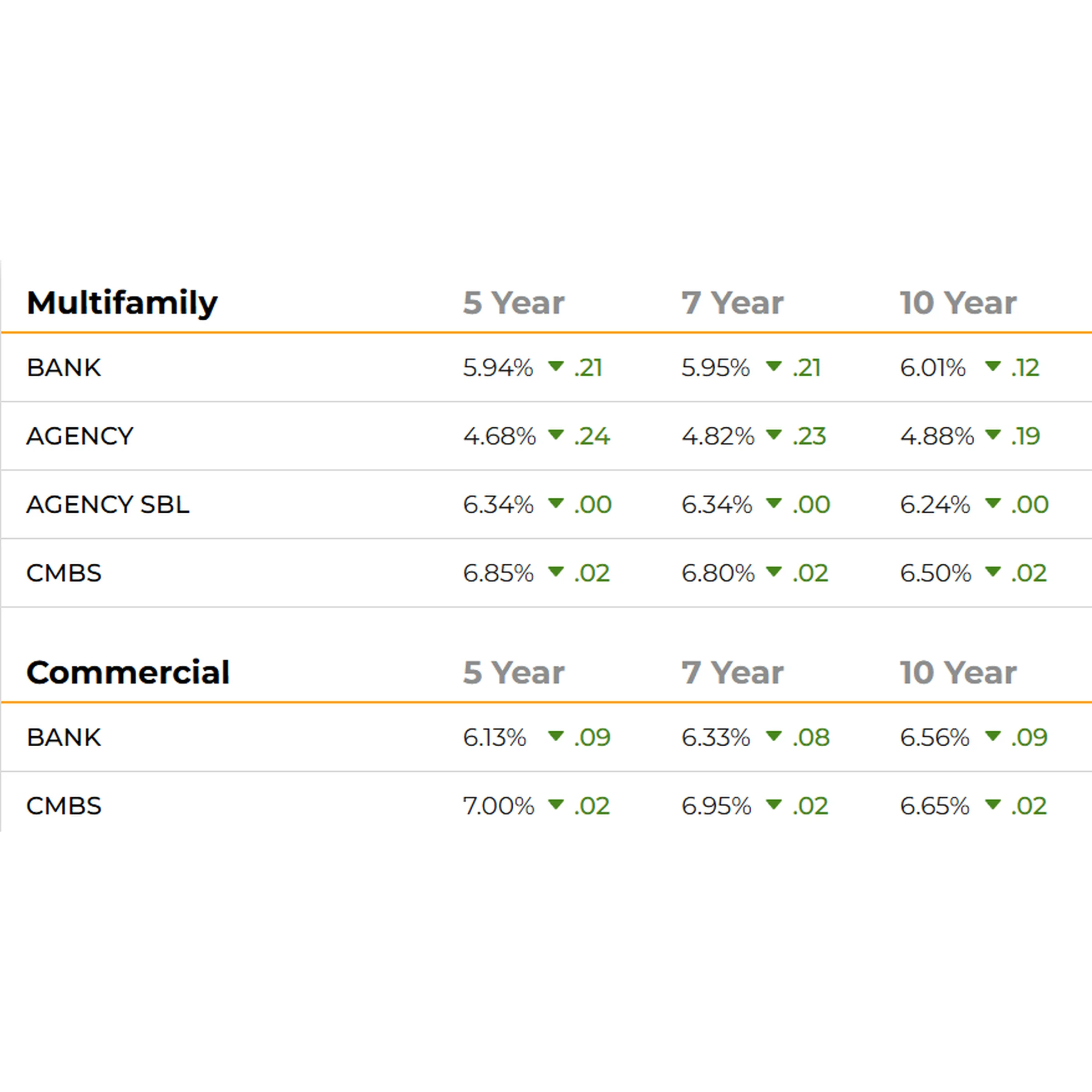
Running a commercial real estate asset on a day-to-day basis can be expensive. As such, it is important for operators to manage costs relative to rental income to ensure that the given property is profitable. From a management standpoint, costs can be grouped into two buckets: Operating Expenses (or “OpEx”) and Capital Expenses (or “CapEx”). While they are both categories of expenses, there are material differences between capital expenses and operating expenses.
In this article, we define capital expenses and operating expenses and explain the difference between CapEx and OpEx in real estate.
What Are Capital Expenses?
Capital expenses in real estate are large costs that are incurred outside of the normal day-to-day operations of the property. In many cases, CapEx includes things like:
- Big ticket repairs like HVAC or roof replacement
- Major renovations like facade replacement
- New carpet, paint, and/or drywall
- Parking lot repaving
- Elevator repairs
Capital expenditures and the assets that are purchased with them are recorded on the property’s balance sheet. For example, replacing a commercial grade HVAC system is incredibly expensive. The cost is recorded as a line item on the income statement, but the value of the fixed asset is recorded on the balance sheet.
Because capital expenses are infrequent, their cost can occasionally catch the property owner by surprise. For example, a major storm can cause significant water damage, and the cost to repair it may not have been anticipated within the budgeted.
To avoid any major impact to operational cash flow, it is important that property owners set aside operational funds at regular intervals as part of the capital budgeting process for each accounting period. This way, capital expenses can be paid for from a separate “bucket” of funds without creating “lumpiness” in Net Operating Income.
What Are Operating Expenses?
The easiest way to think about Operating Expenses is as the day-to-day costs associated with running the property. For a commercial real estate asset, operating expenditures include things like:
- Property taxes
- Property insurance
- Repairs and Maintenance
- Administrative Expenses
- Utilities
- Depreciation Expense
- Property Management
Each of these expenses is listed as a separate line item on the property’s income statement. A property’s Gross Income less its Operational Expenses results in a metric called Net Operating Income or “NOI,” which is a primary driver of a property’s value.
Capital Expenses vs. Operating Expenses: Key Differences
From an accounting standpoint, there are important differences between operational expenditures and capital expenditures.
OpEx are expenses that are short-term in nature, and they are used up in the accounting period in which they are purchased. In many cases, this means that they are used up monthly, quarterly, or annually. For example, property taxes are an operational expense and they cover a period of one year.
CapEx are longer term investments. They are expenses that are incurred with the intent to earn a return on the cost. For accounting purposes, the cost is spread out over several years of the asset’s useful life. For example, it may cost $100,000 to install a new roof on a property. The entire cost is incurred up front, but an accounting concept known as “depreciation” allows it to be spread out over the life of the asset with a little bit of the cost incurred each year.
Capital Expenses & Value-Add Investment Strategy
At First National Realty Partners, we are value-add investors. This means that we intentionally seek out properties that need a little bit of work. If we can acquire them at a price that is below its replacement value, we will invest a certain amount of capital (capital expenses) to improve the property’s condition. With an upgraded property, we are able to leverage our extensive tenant relationships to lease space at higher rates than would have been possible without the renovations.
There is a specific relationship between the amount of the initial capital investment and the amount of rent that the market will support. As a result, we invest a significant amount of time and resources to understand what level of rents the market will bear and use those as a guide for informing the amount of CapEx that we are willing to deploy.
Non-Real Estate Uses for CapEx and OpEx
While the bulk of this article discusses how capital expenses and operating expenses are used in a real estate context, they are also used in regular business operations. Consider the case of a company that manufactures shoes.
Operational Expenses are the normal day-to-day business expenses that are needed to fund the company. These would include things like salaries, insurance, raw materials, and other items that make up the cost of goods sold.
Capital Expenses would be associated with longer term assets, the purchase of which will provide some level of future benefit. For example, the company could purchase a new piece of machinery that would allow them to manufacture more shoes in the same period of time. The cost of the asset is recorded up front, but IRS rules allow the company to “depreciate” the value over the estimated useful life of the machinery. For tax purposes, the amount of depreciation can be taken as a tax deduction in the sense that it reduces net operating income and the company’s overall tax burden.
Source: Capital Expense vs. Operating Expense in Real Estate
https://www.creconsult.net/market-trends/capital-expense-vs-operating-expense-in-real-estate/
No comments:
Post a Comment